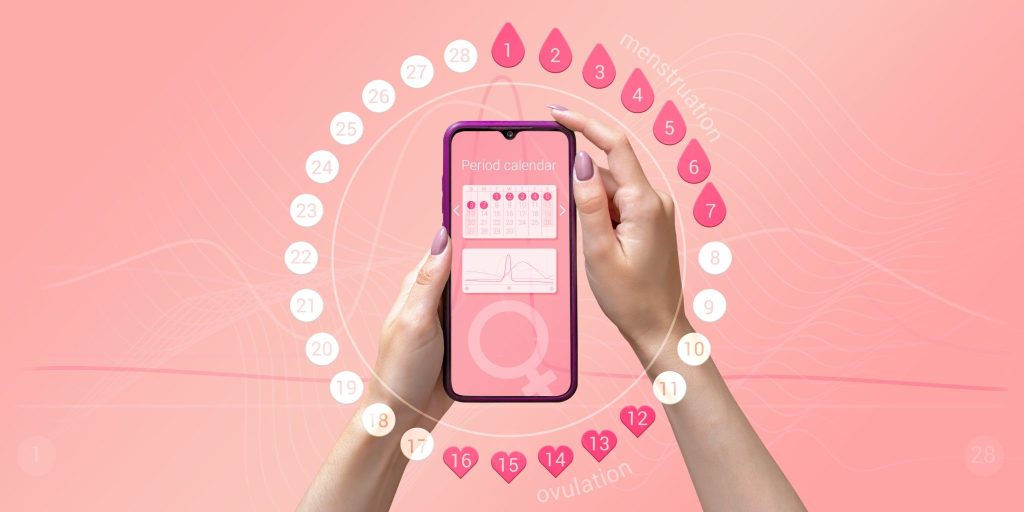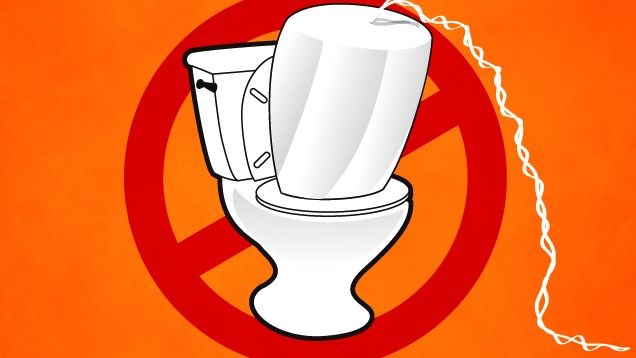Experiencing an early period can be confusing and concerning. Understanding the potential causes behind an early menstrual cycle can help reduce worries and allow for better management of your menstrual health.
Understanding the Menstrual Cycle
The menstrual cycle is a complex process regulated by hormones, primarily estrogen and progesterone. A typical menstrual cycle lasts between 21 to 35 days, with menstruation itself usually lasting 2 to 7 days. An early period is when menstruation starts before your expected date, disrupting your usual cycle pattern.
Common Causes of Early Periods
- Stress and Anxiety: High levels of stress and anxiety can affect the hypothalamus, the part of your brain responsible for regulating your menstrual cycle. Stress can lead to hormonal imbalances, resulting in an early period.
- Hormonal Imbalances: Fluctuations in hormone levels, particularly estrogen and progesterone, can cause changes in your menstrual cycle. Hormonal imbalances can be triggered by various factors, including puberty, perimenopause, and conditions like polycystic ovary syndrome (PCOS).
- Changes in Birth Control: Starting, stopping, or changing birth control methods can affect your menstrual cycle. Hormonal contraceptives, such as the pill, patch, or IUD, can cause spotting or an early period as your body adjusts to the new hormone levels.
- Weight Fluctuations: Significant weight gain or loss can impact your menstrual cycle. Body fat plays a role in hormone production, and rapid changes in weight can lead to hormonal imbalances and an early period.
- Intense Exercise: While regular exercise is beneficial, excessive physical activity can stress the body and disrupt hormonal balance. Athletes or individuals who engage in intense workouts may experience irregular periods, including early menstruation.
- Illness: Acute illnesses or chronic health conditions can affect your menstrual cycle. Illnesses that cause significant stress to the body, such as fever, infections, or chronic diseases, can lead to an early period.
- Thyroid Issues: The thyroid gland regulates metabolism and hormone production. Both hypothyroidism (underactive thyroid) and hyperthyroidism (overactive thyroid) can disrupt your menstrual cycle, causing early or irregular periods.
- Travel and Time Zone Changes: Travel, especially across time zones, can disrupt your body’s internal clock (circadian rhythm). This disruption can affect hormone production and lead to an early period.
- Perimenopause: Perimenopause is the transition phase before menopause, typically occurring in women in their 40s. During this time, hormone levels fluctuate, causing irregular periods, which can sometimes be early.
- Pregnancy: In some cases, what appears to be an early period could be implantation bleeding, a sign of early pregnancy. Implantation bleeding is usually lighter and shorter than a regular period.
When to See a Doctor
If your early period is accompanied by other concerning symptoms, like:
- Heavy bleeding that soaks through pads or tampons frequently
- Severe cramps
- Pelvic pain
- Unusual discharge
- Fever
It’s best to consult your doctor to rule out any underlying medical conditions.
Tracking Your Cycle
Keeping a menstrual cycle tracker can be a valuable tool. By noting the start and end dates of your period, flow heaviness, and any symptoms you experience, you can identify patterns and potential triggers for early periods.

Embrace the Journey
An occasional early period is usually nothing to worry about. However, if it becomes a frequent occurrence or is accompanied by concerning symptoms, don’t hesitate to seek medical advice. Remember, understanding your unique cycle and open communication with your doctor are key to navigating the fascinating and sometimes unpredictable world of menstruation.



